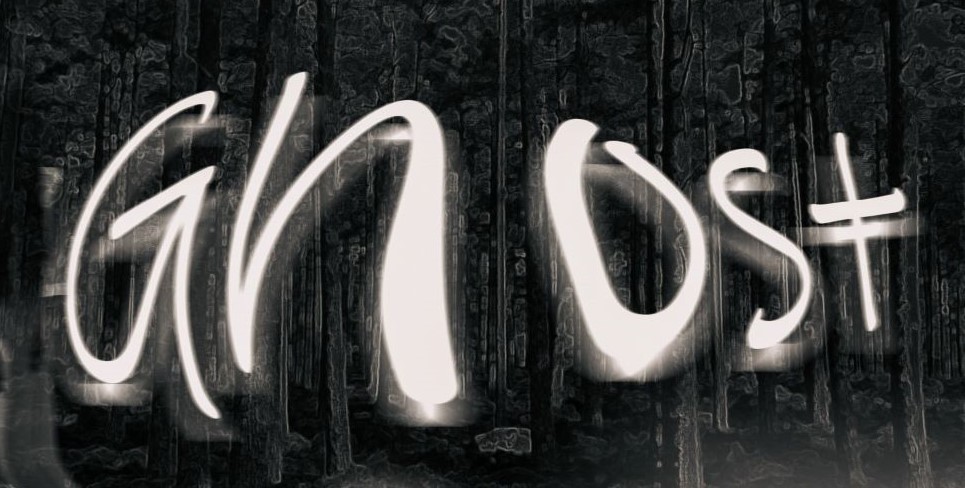On the surface, a ghostwriter and an editor have two different professions, but both work closely with an author and their manuscript. While both interact with an author’s ideas and text, a ghostwriter takes the role of an editor one step further—by actually writing the novel.
The ghostwriter, while not a copy or developmental editor by trade, is both in practice. The job of a ghostwriter is to deliver a sparkling manuscript, while also working closely with the author to achieve the best possible book. While a ghostwritten book will most likely go through rounds of editing by professionals, the ghostwriter strives to deliver clear, concise, and compelling prose. Like an editor, the ghostwriter combines the ideas of the author with their own ideas to create the final, polished product.
However, ghostwriting—unlike editing—can be seen as inauthentic, since the author in question did not fully author the novel. An editor can greatly change a manuscript, adding their own thoughts and ideas. After a developmental edit, an author works with their editor’s ideas to create a revised version of the manuscript. Ghostwriting is almost exactly the opposite; an author supplies any relevant thoughts, ideas, or text (if any are available) to the ghost, who in turn writes the prose. There is normally a great deal of contact between the ghostwriter and the author, so the finished manuscript—much like a manuscript between an editor and author—is a collaborative mix of ideas.
According to Stacy Ennis, a well-established author and ghostwriter, every ghostwritten work comes about differently but follows a general schedule: an initial meeting (via phone or video conference), a proposal, a book outline, in-person interviews, an expanded book outline, a book draft, author revision, and then subsequent editing and publishing. This list shows how the ghostwriter works extensively with the ideas of the author before drafting the manuscript. Furthermore, the author is given the opportunity to make any changes they feel necessary. Ennis encourages the author to make their manuscript “their own by rewording, adding stories, and clarifying ideas; the client gets to be as involved or uninvolved as they want.”
Ghostwriting is a great way for authors to get their ideas on the page, even if their personal situations do not allow for the actual composition of the manuscript. According to the blog, Professional Ghost, authors might work with a ghostwriter because they “may not actually enjoy writing, or perhaps don’t feel they write well, or, very commonly because they simply don’t have the time to pen an entire book.” Hiring a ghostwriter does not mean that the author does not care about the project, even though they are not actively writing the novel. According to another ghostwriting website, the process of ghostwriting still requires the author to convey their “expertise,” but it “requires less time than writing the book” themselves.
While a ghostwriter is not an editor by definition, they do work toward the same goal: creating the best possible manuscript for publication. Like an editor, a ghostwriter works closely with an author to make sure their ideas are being conveyed clearly. In a ghostwritten novel, both the traditional author and editor are still critical to the success of the published work, with an additional pair of hands to craft the best manuscript possible.

